Search Results
Showing results 141 to 160 of 321
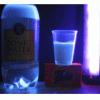
Glow Up
Source Institutions
In this activity, learners explore chemiluminescence and fluorescence. Learners examine 3 different solutions in regular light, in the dark with added bleach solution, and under a black light.
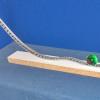
Over the Hill
Source Institutions
In this physics activity, learners construct a small-scale version of a classic carnival game.
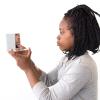
Corner Reflector
Source Institutions
In this optics/mathematics activity, learners use two hinged mirrors to create a kaleidoscope that shows multiple images of an object.
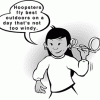
Hoopster: An Airplane Made from Paper Hoops
Source Institutions
This activity provides instructions for making an aircraft that can really fly using a straw and paper hoops!
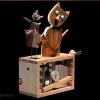
Cardboard Automata
Source Institutions
Cardboard Automata are a playful way to explore simple machine elements while creating a mechanical sculpture.
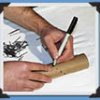
Make Your Own Rain Stick
Source Institutions
This activity provides step-by-step instructions on how to build a rain stick, a musical instrument originating in South America.
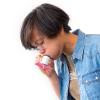
Bernoulli Levitator
Source Institutions
Demonstrate the Bernoulli Principle using simple materials on a small or large scale.
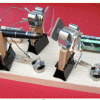
Laser Lissajous: Binder Clip Version
Source Institutions
In this activity, learners use a laser pointer and two small rotating mirrors to create a variety of fascinating patterns, which can be easily and dramatically projected on a wall or screen.
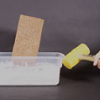
Earthquake Science: Soil Liquefaction
Source Institutions
This activity demonstrates liquefaction, the process by which some soils lose their solidity during an earthquake.
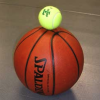
"Baseketball": A Physicist Party Trick
Source Institutions
This trick from Exploratorium physicist Paul Doherty lets you add together the bounces of two balls and send one ball flying.
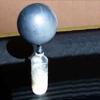
Yeast-Air Balloons
Source Institutions
In this activity, learners make a yeast-air balloon to get a better idea of what yeast can do. Learners discover that the purpose of leaveners like yeast is to produce the gas that makes bread rise.
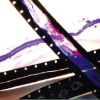
Scratch Film
Source Institutions
In this activity, learners manipulate film to create homemade movies. Scratch Film, also known as Direct Animation, is the process of drawing and scratching designs directly onto film.
Periodic Pegboard
Source Institutions
In this activity, learners use pegboard and straws to build a three-dimensional model of the periodic table.
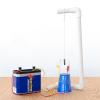
Curie Point
Source Institutions
In this activity best suited as a demonstration, learners observe that when a piece of iron gets too hot, it loses its ability to be magnetized.
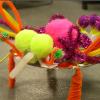
Jitterbug
Source Institutions
This activity explores the concept of center of gravity by having learners build a Jitterbug--a motorized toy that seems to dance--using a recycled CD and a DC motor.
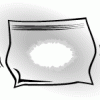
Bubble Bomb
Source Institutions
Learn about chemical reactions by making a Bubble Bomb, a plastic bag you can pop with the power of fizz.
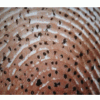
Sweat Spot
Source Institutions
In this activity, learners use a chemical reaction to visualize where moisture forms on the body.

Magnetic Suction
Source Institutions
In this activity about electricity and magnetism, learners discover how a doorbell works. A coil of wire with current flowing through it forms an electromagnet that acts similar to a bar magnet.
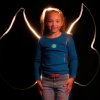
Light Painting
Source Institutions
Light painting is a creative activity that involves creating striking images and illusions using a camera, a light source, and a little practice.
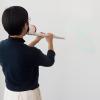
Vocal Visualizer
Source Institutions
With a bit of PVC, a laser, a can/cup, and a small mirror, you can make a device that visualizes you voice or any sound transmitted into the cup/can.
